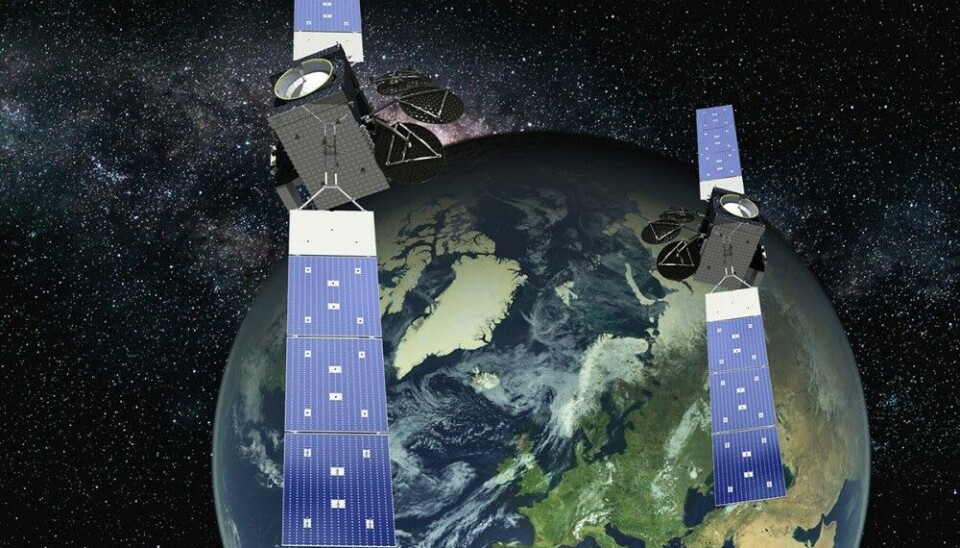
Liftoff for the Norwegian satellites that will provide broadband to circumpolar Arctic
The two satellites that are up for launch by Elon Musk’s SpaceX will open a new era for broadband communication across the Arctic. It will benefit the growing number of operators in the region, including allied defense forces.
“With these satellites Norway gets control over strategically important communication services in an area that until now had been without broadband coverage,” Norway’s Defense Minister Bjørn Arild Gram says in a comment.
“It will strengthen Norwegian security and national control,” he underlines.

Until now, there has been little or no broadband connection beyond 75° North, and air traffic, shippers and expeditions have depended on one-way voice link or Iridium satellite phone.
The new broadband connection will benefit aircraft, research vessels, fishing vessels, cruise ships, the Coast Guard, expeditions and other operators in the Arctic, the Norwegian Ministry of Defense informs.
Among the prime beneficiaries will be Norway’s Armed Forces and NATO allies.
“The defense forces will now get access to crucial communications capacities, which will be important for cooperation with allied forces in the North,” Minister Gram explains.
The two satellites that have been under development for the past five years will be launched in mid-July. They will be launched with a Falcon-9 reusable launch carrier at the Vandenberg Space Force Base in California.
The new broadband communication is expected to be in operation from late fall this year.
Norway is making major investments in space tech and intends to play a key role in the future development of space.
“Norway’s unique geographical location, our competence and capacity within development and launch of satellites, as well as downloading of satellite data, gives Norway a comparative advantage in cooperation with the USA, EU and other allies,” Bjørn Arild Gram argues.
The Norwegian satellite project is run by state-owned company Space Norway and its HEOSAT subsidiary. The project is named the Arctic Satellite Broadband Mission (ASBM) and is based on a contract with Northrop Grumman Space Systems. The latter will build the two satellites that are based on the GEOstar 3 platform.
According to Space Norway, the satellite payloads will include X-band for the Norwegian Armed Force, Ka-band for Viasat and a payload for the US military. One of the satellites will include also a radiation monitoring instrument that is to gather information about the radiation environment in the satellite orbits.















